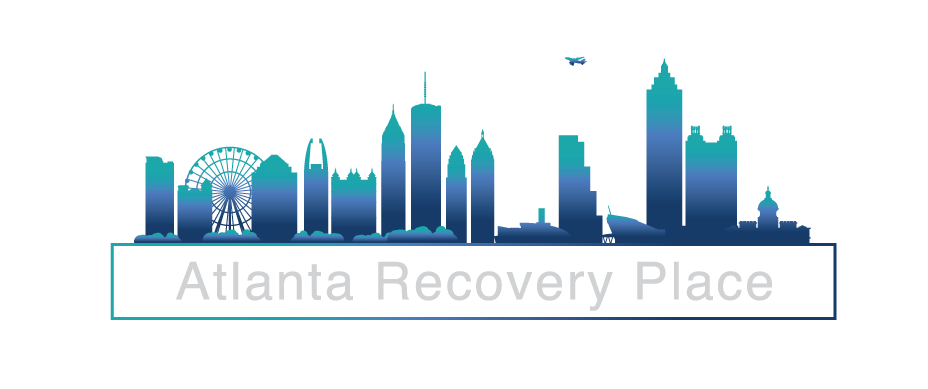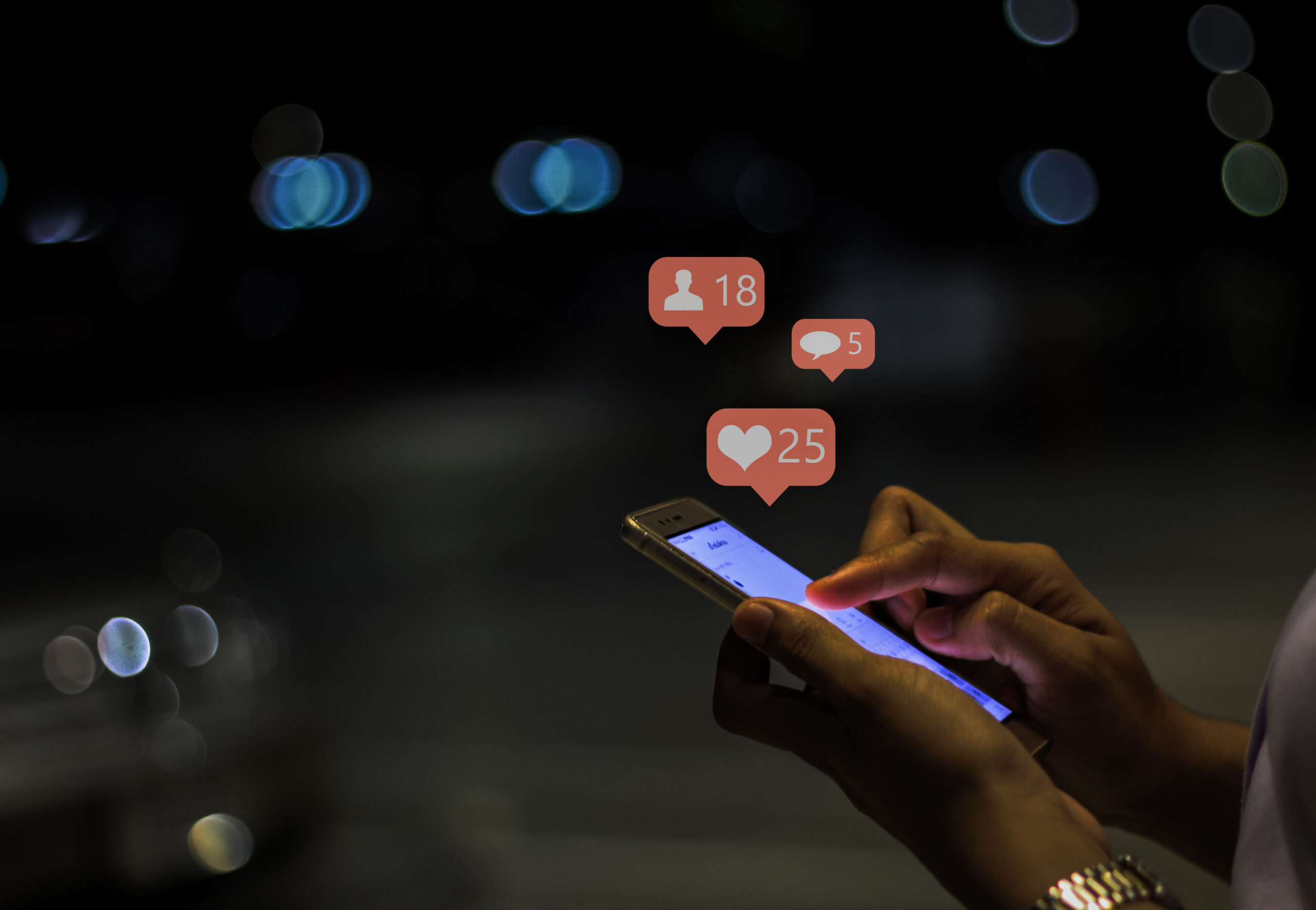Social media’s role in daily life has grown over recent years, consequently affecting communication, interpersonal skills, and how people view their own lives.
The Impact of Social Media
The concept of social media addiction has become more prevalent, and as a result of this problem, psychologists are becoming concerned that it leads to mental health problems. The most common social media platforms used are YouTube, Facebook, Instagram and TikTok.
Problematic social media use can come in the form of compulsively checking social media accounts, seeking to find validation through others’ likes, comments, and shares. With daily exposure to what everyone presents as their “perfect” lives, social media can take a toll on your mental health. Research shows that social media may lead to increases in depression, anxiety, and feelings of inadequacy. This can, in turn, very easily lead to substance abuse itself, with drugs and alcohol acting as a temporary solution to mental distress.
The Connection Between Social Media and Substance Abuse
Social media can influence people’s perceptions of substance use. For example, social media allows influencers to normalize overuse, unsafe use, and illicit use of substances, making the actions “cool.” This can in turn influence the people who view their content. The internet also is a source of the online sale of substances, which could also play a role in substance abuse.
Tips for Reducing Your Connection to Social Media and Substance Abuse
There are many strategies for dealing with addiction to social media and substance abuse.
- Setting limits on social media use: You can set limits on social media to help you avoid spending so much time on it. Turn off all notifications on your devices in public so you will not be so tempted to check your social media.
- Engage in new interactive hobbies: You can pick up a few new interactive hobbies or even get back into old activities to help decrease or even eliminate your addiction to social media.
- Goal setting: You can set short and long-term goals for yourself. Writing down these goals can change your life. It gives you something to look forward to as well as something to work toward.
If you still find it hard not to use social media or a substance, you can seek help from professional counselors and support groups.
Atlanta Recovery Place
Atlanta Recovery Place is a Georgia addiction recovery center that offers programs that address social media’s influence on addiction. We provide a wide spectrum of care, including Georgia partial hospitalization programs, intensive outpatient programs, sober living, and aftercare planning and relapse prevention programs. Clients are provided therapeutic interventions to help with any mental health disorders, cognitive behavioral therapy (CBT) groups for technology/social problems, and group therapy, as well as peer support from those going through similar issues. Clients are provided education on healthy coping skills and stress management skills to address problems with social media and substance use.
The connection between social media and substance abuse is complex and multifaceted. While social media has many benefits, it’s essential to be aware of its potential adverse effects on mental health and well-being. If you or someone you know is struggling with social media addiction or substance abuse, seeking help and support from a reputable treatment center like Atlanta Recovery Place is critical. With the proper support and resources, recovery is possible.
Contact a support specialist at Atlanta Recovery Place to help break your connection to social media and substance abuse today.





